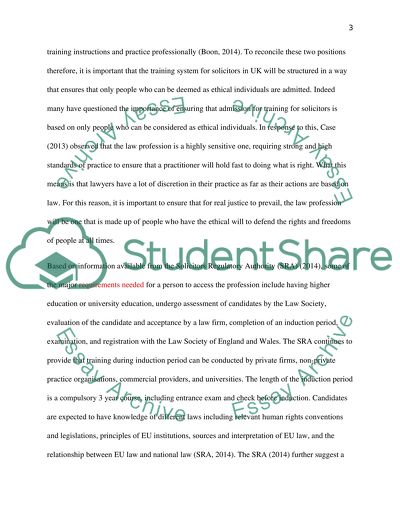Cite this document
(“How has the solicitor's regulation changed in the UK Essay”, n.d.)
How has the solicitor's regulation changed in the UK Essay. Retrieved from https://studentshare.org/law/1692696-how-has-the-solicitors-regulation-changed-in-the-uk
How has the solicitor's regulation changed in the UK Essay. Retrieved from https://studentshare.org/law/1692696-how-has-the-solicitors-regulation-changed-in-the-uk
(How Has the solicitor'S Regulation Changed in the UK Essay)
How Has the solicitor'S Regulation Changed in the UK Essay. https://studentshare.org/law/1692696-how-has-the-solicitors-regulation-changed-in-the-uk.
How Has the solicitor'S Regulation Changed in the UK Essay. https://studentshare.org/law/1692696-how-has-the-solicitors-regulation-changed-in-the-uk.
“How Has the solicitor'S Regulation Changed in the UK Essay”, n.d. https://studentshare.org/law/1692696-how-has-the-solicitors-regulation-changed-in-the-uk.


